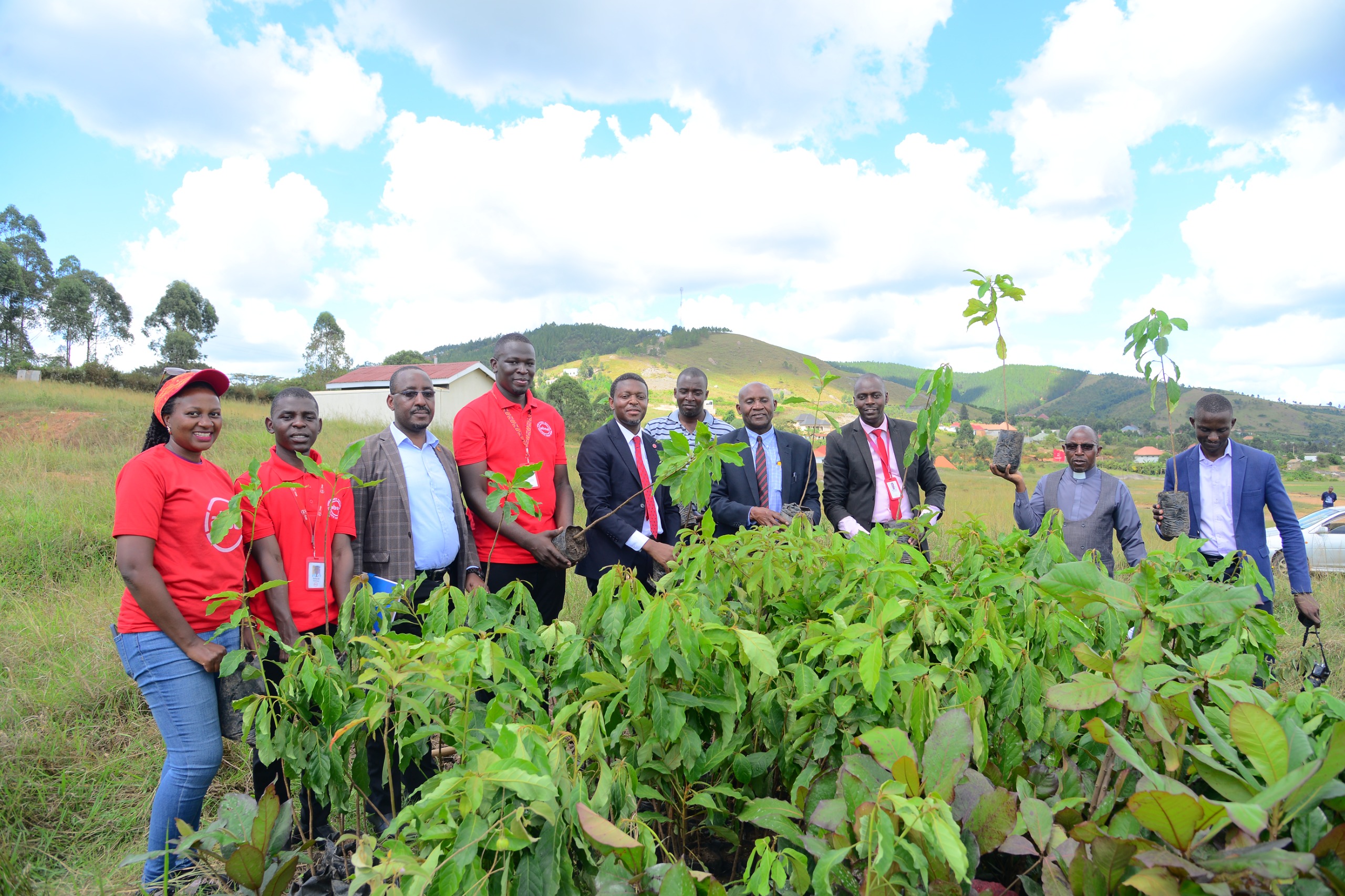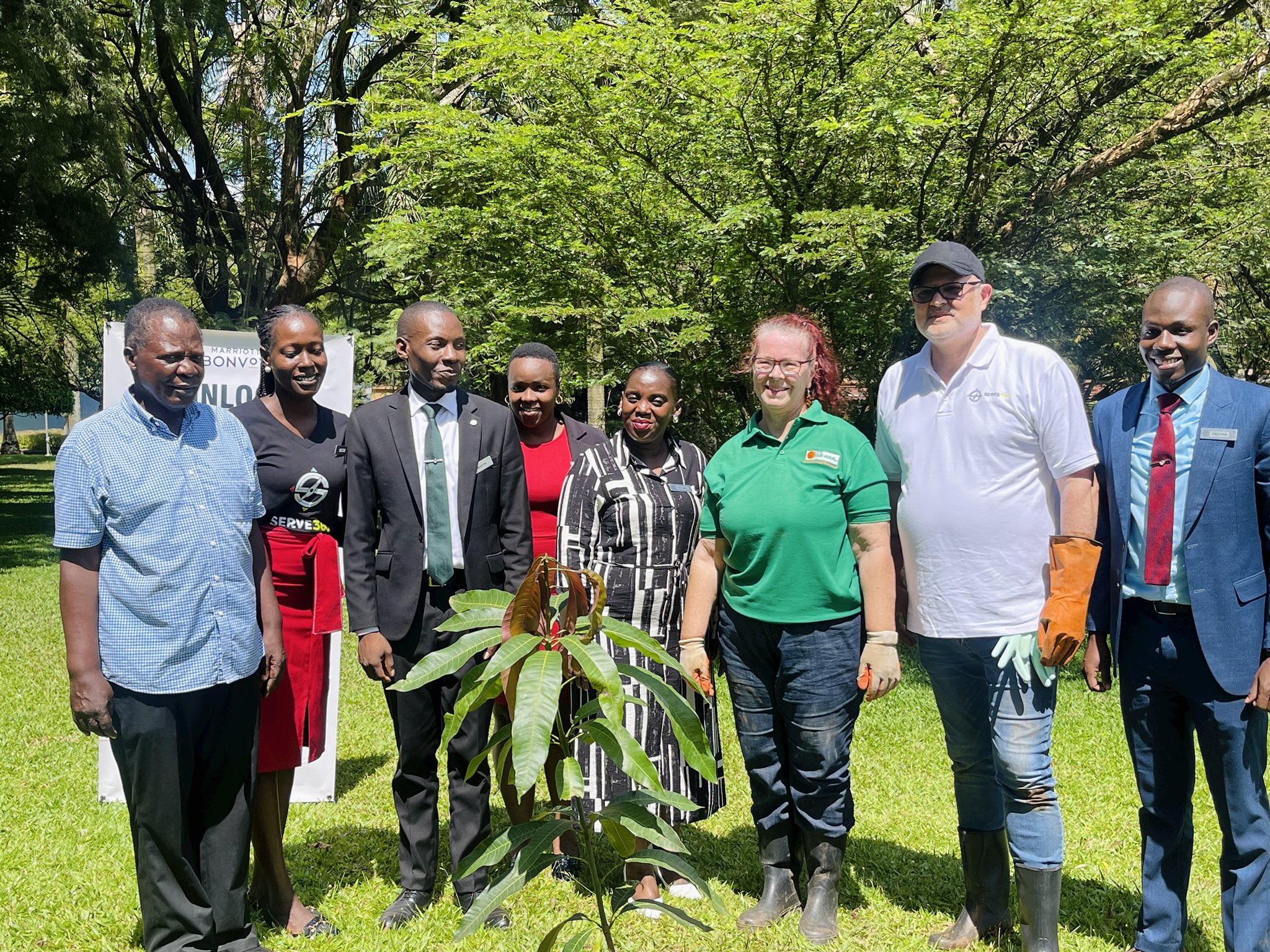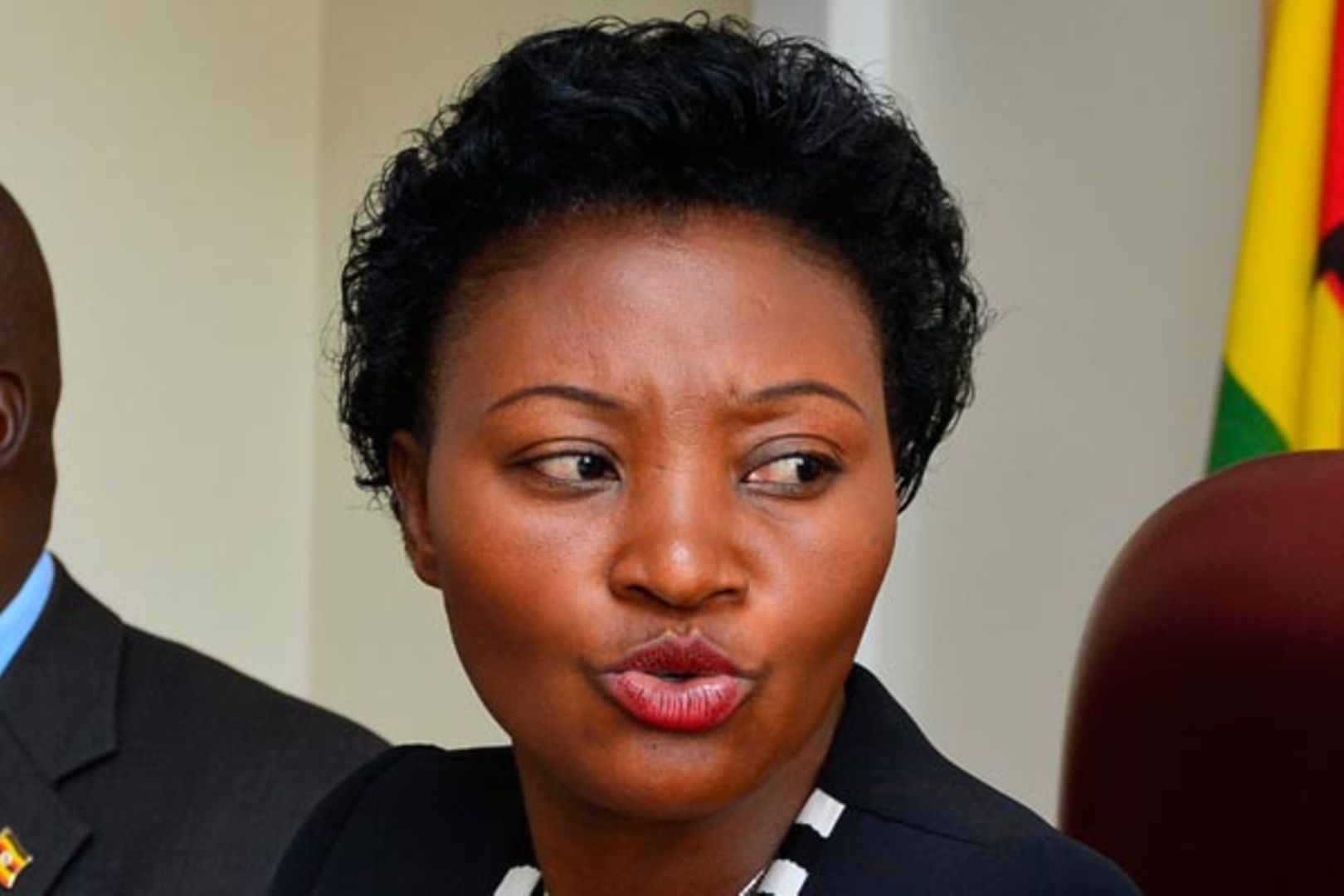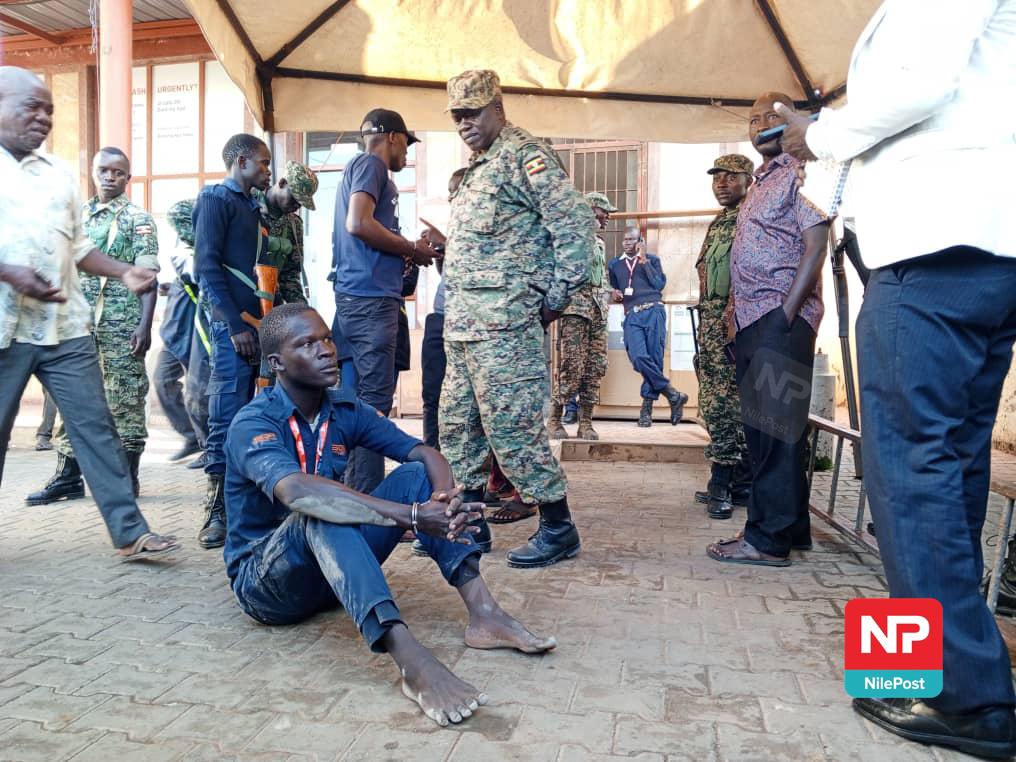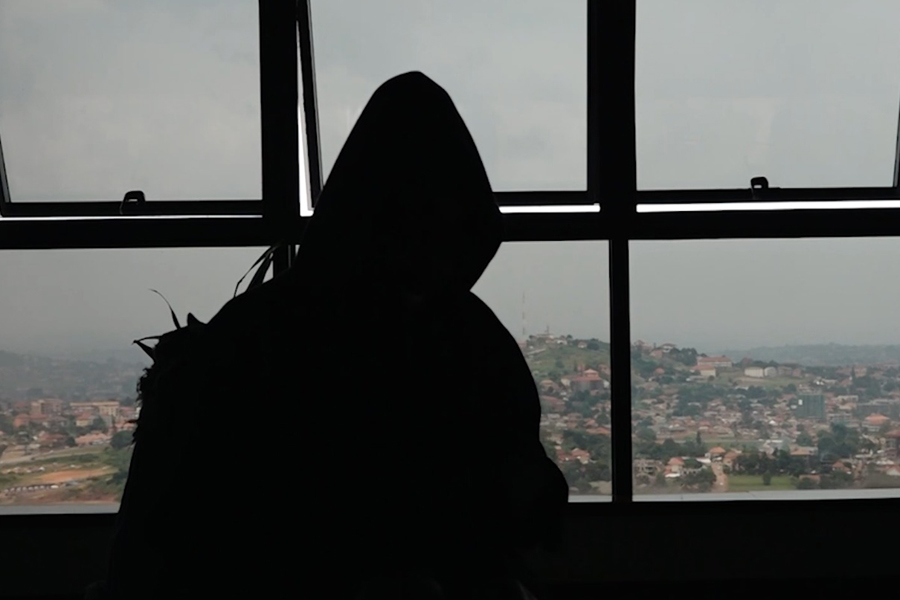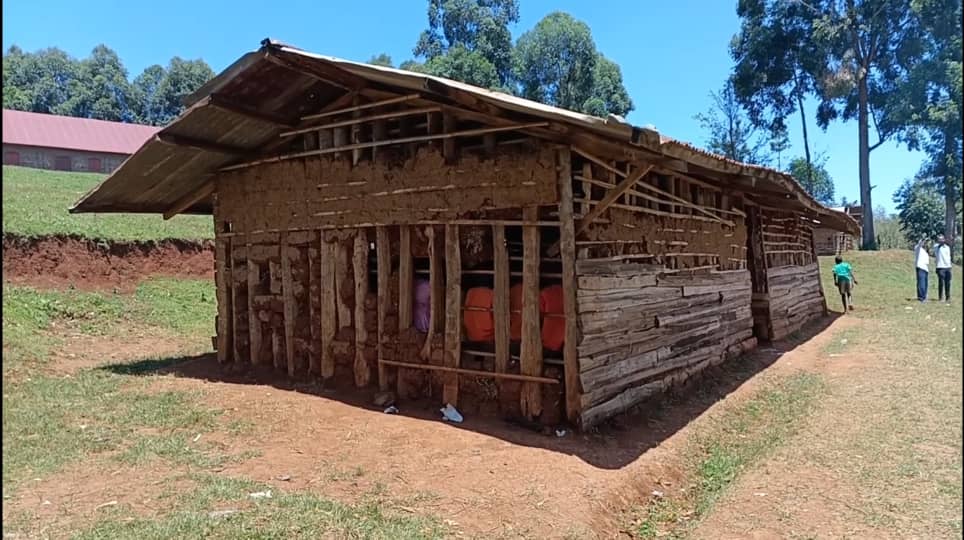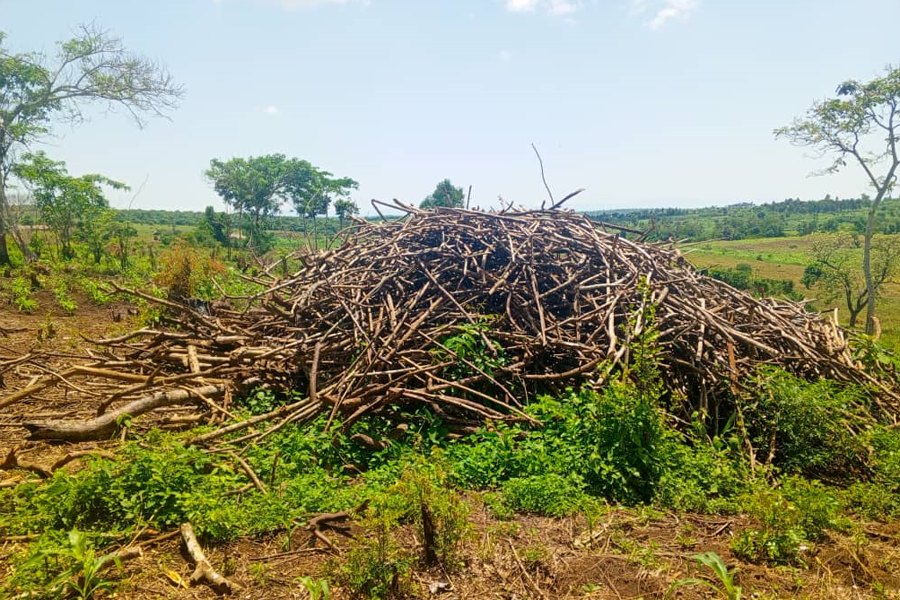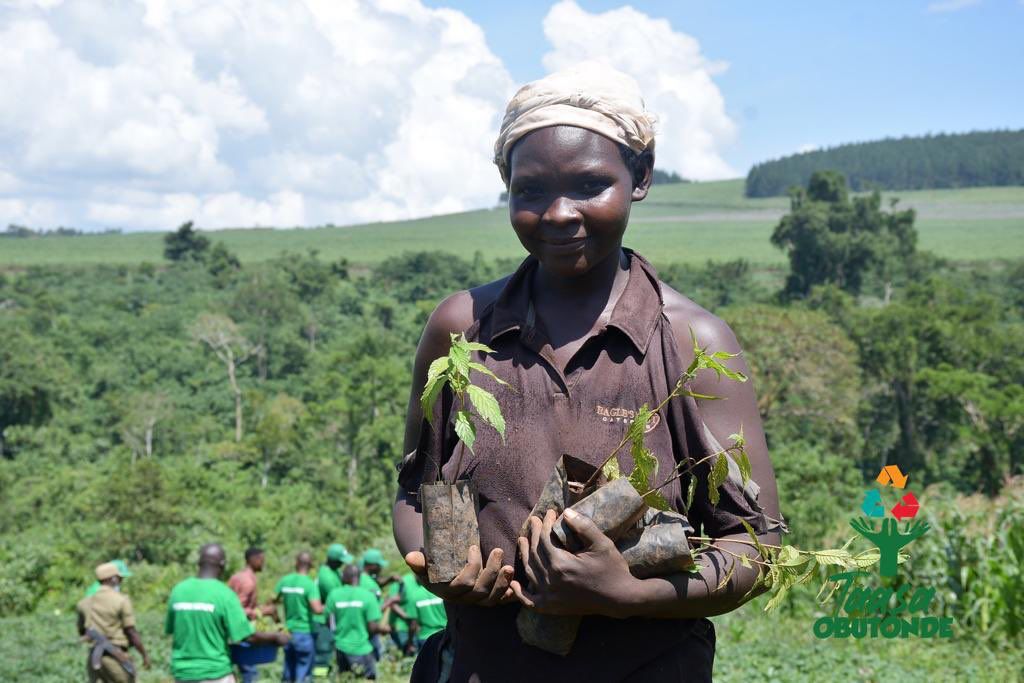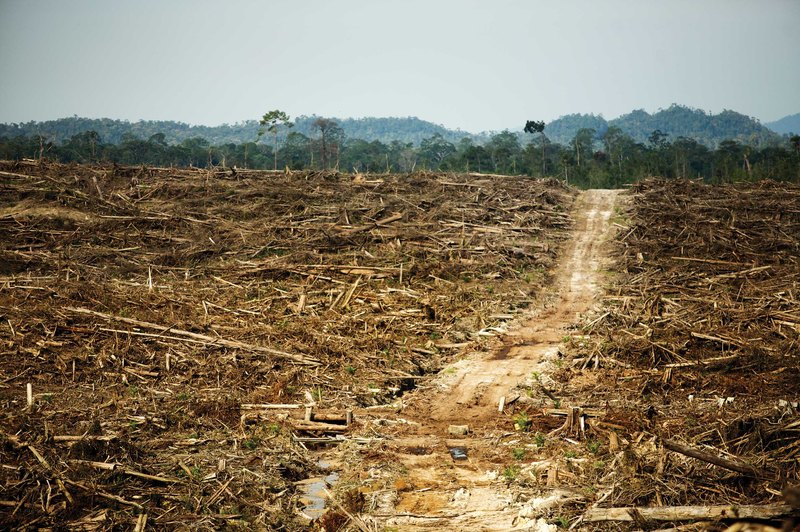6.2% of households in Kampala don’t have toilets
Authorities have been asked to deal with the problem of shortage of toilets especially in urban areas because failure of which would put millions of lives at risk of contracting diseases.
“About 6.2% of households in the city have no toilet facilities at all. The situation is worse in slums where the flying toilets have remained rampt due to the few public and private facilities that exist and these charge up to shs200 per use of the toilet. These areas are characterized by poor drainage systems and in the rainy season the problem worsens,” said Hellen Kasujja, the deputy Executive Director for Community Integrated Development Initiative(CIDI) an NGO that focuses mainly on water , sanitation and primary health care.
Keep Reading
She made the comments on Friday as CIDI took part in sanitation activities as the country marks the World Toilet Day.
She added,” Toilets are key in our lives but many people in Uganda don’t have toilets. The country also loses shs150 billion per year due to diseases like dysentery and diarrhea. We need to change this.”
According to Evelyn Zalwango, the Project Manager for the Right to Grow program in CIDI, 22% of the rural population are practicing open defecation which is approximately 8.8 million Ugandans which she said brings significant health risks such as diarrhea, cholera and typhoid, which may lead to death.
“Toilet coverage in Uganda is estimated at 79% on average, and as low as 36.3% for urban areas. Kampala is facing many challenges because of rapid urbanization which is at 5%, low coverage of sewer network at 10% and pit emptying services being largely unaffordable by the urban poor in the informal settlements,” she noted.
According to Evelyn Zalwango, the Project Manager for the Right to Grow program in CIDI, about 6.2% of households in the city have no toilet facilities at all and this she said exacerbates the sanitation problem.
“The situation is worse in slums where the flying toilets have remained rampant due to the few public and private facilities that exist and these charge up to shs200 per use of the toilet. These areas are characterized by poor drainage systems and in the rainy season the problem worsens,”Zalwango said.
On Friday, CIDI helped empty toilets for communities in Mutungo as part of the efforts to ensure proper sanitation.
Call to action
According to Zalwango, authorities need to work on ensuring construction of public toilets in all places.
“There should be proper planning of cities to ensure they have public toilets but also construction of these facilities along highways to avoid open defecation,” she said.
“All local governments, KCCA, cities and municipalities should enforce the public health act which requires that every building must have a toilet in place.”
What leaders say
Paul Mugambe, Nakawa mayor
As we mark this day, we are still grappling with challenges of toilets but in the next five years, my plan is ensuring every household in my area has a standard toilet.


